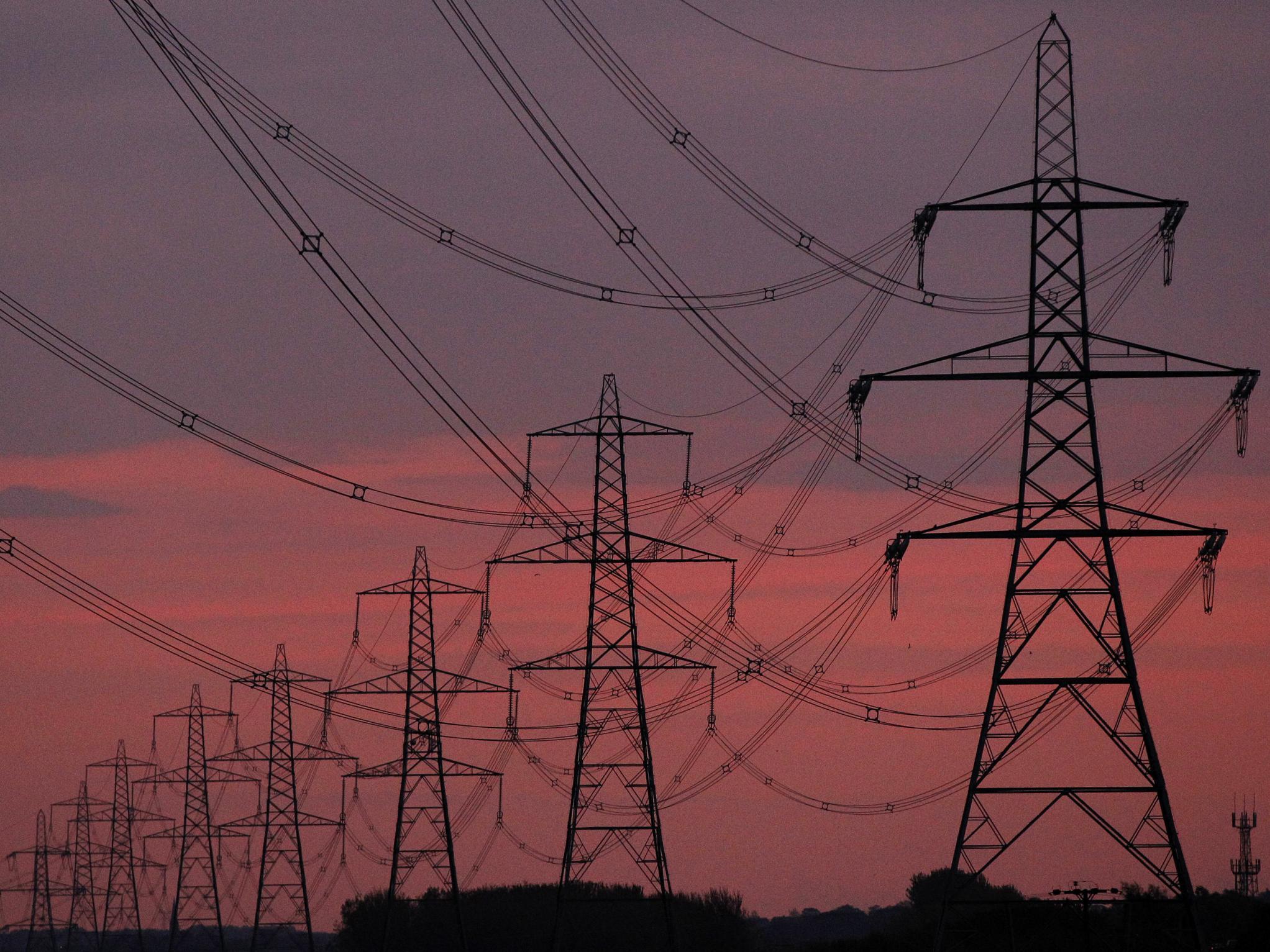Plan to cut energy bills will add £1bn to household costs this year
The new limit on energy bills comes into force from 1st April

A rise in the energy price cap this week will add more than £100 to the average gas and electricity bill this year, despite being designed to reduce costs for struggling consumers.
Just months after its introduction, the decision will unintentionally deliver one of the single biggest increases in years.
The cap came into force on 1 January, with the regulator Ofgem claiming at the time that the level of £1,137 per year would save 11 million households languishing on expensive standard variable tariffs around £76 on average on their bills.
The latest increase, which was part of the planned bi-annual price review process and is largely calculated using wholesale energy prices, will affect more than half the UK’s households.
As of 1 April, the energy regulator will allow providers to charge a maximum of £1,254 for a domestic household with “typical” energy consumption. The move will add more than £1bn to energy bills in total, according to MoneySuperMarket, and cost those households an extra £117 a year.
Business news: In pictures
Show all 13“We can assure these customers that they remain protected from being overcharged for their energy and that these increases are only due to actual rises in energy costs, rather than excess charges from supplier profiteering,” said Dermot Nolan, chief executive of Ofgem.
But MoneySuperMarket research has also predicted that by the second anniversary (May 2019) of the price caps proposal within the Conservative Party’s general election manifesto, people who switched in consecutive years to one of the cheapest deals on the market will have spent £500 less than those who stayed on a standard variable tariff during that time with the same provider.
“It’s been predicted for a while, but this week’s substantial rise to the price cap will be a bitter pill to swallow for the millions of people on standard variable tariffs who probably expected their bills to come down, rather than go up,” says Stephen Murray, energy specialist at MoneySuperMarket.
“The government and Ofgem may claim they are doing their best to help people, but it simply isn’t working out that way and we’re now in a situation where consumers are left feeling confused and uncertain as to what’s happening with their bills.
“People who choose to stay on a standard variable tariff are being penalised for being loyal to their energy provider and not switching.”
“To be fair, the cap review will only be reflecting wholesale price movements, and these increases would probably have been passed on to consumers by their providers this year anyway,” Sally Jaques, head of energy at Weflip, said.
“But a huge increase would be the worst possible start for the cap. It will do little to convince consumers that the cap is making a big difference.
“On top of that you’ve got a potential judicial review against the regulator Ofgem, led by Centrica – the parent company of British Gas. They say they don’t want to scrap the cap, but it is clear that what they want is to be able to charge customers more than the cap, so they are challenging the way it is calculated.
“It proves the point that consumers weren’t safe left to the big providers and their SVTs. But the cap isn’t giving energy customers a good deal either. The only way that households can get a grip on escalating energy costs is to shop around for a better deal and flip.”
The energy price cap is reviewed every six months in April and October. The rate of the price cap is based on an algorithm derived by Ofgem, which factors in average wholesale prices (the price energy firms pay) over a prior six-month period. For example, for the cap starting on 1 April, prices from 1 August 2018 to 31 January 2019 have been taken into account.
The new price will remain in place until October 2019, when the next review will take place.
Subscribe to Independent Premium to bookmark this article
Want to bookmark your favourite articles and stories to read or reference later? Start your Independent Premium subscription today.

Join our commenting forum
Join thought-provoking conversations, follow other Independent readers and see their replies